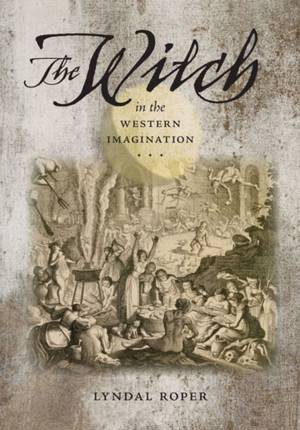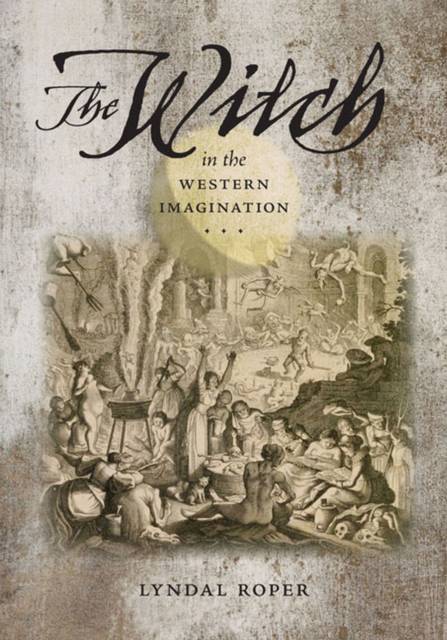
Je cadeautjes zeker op tijd in huis hebben voor de feestdagen? Kom langs in onze winkels en vind het perfecte geschenk!
- Afhalen na 1 uur in een winkel met voorraad
- Gratis thuislevering in België vanaf € 30
- Ruim aanbod met 7 miljoen producten
Je cadeautjes zeker op tijd in huis hebben voor de feestdagen? Kom langs in onze winkels en vind het perfecte geschenk!
- Afhalen na 1 uur in een winkel met voorraad
- Gratis thuislevering in België vanaf € 30
- Ruim aanbod met 7 miljoen producten
Zoeken
€ 53,45
+ 106 punten
Omschrijving
In an exciting new approach to witchcraft studies, this volume examines the visual representation of witches in early modern Europe. With vibrant and lucid prose, Lyndal Roper moves away from the typical witchcraft studies to consider the witch as a symbolic and malleable figure through a broad sweep of topics and time periods.
Specificaties
Betrokkenen
- Auteur(s):
- Uitgeverij:
Inhoud
- Aantal bladzijden:
- 256
Eigenschappen
- Productcode (EAN):
- 9780813932972
- Verschijningsdatum:
- 30/08/2012
- Uitvoering:
- Hardcover
- Afmetingen:
- 224 mm x 162 mm
- Gewicht:
- 494 g

Alleen bij Standaard Boekhandel
+ 106 punten op je klantenkaart van Standaard Boekhandel
Beoordelingen
We publiceren alleen reviews die voldoen aan de voorwaarden voor reviews. Bekijk onze voorwaarden voor reviews.









